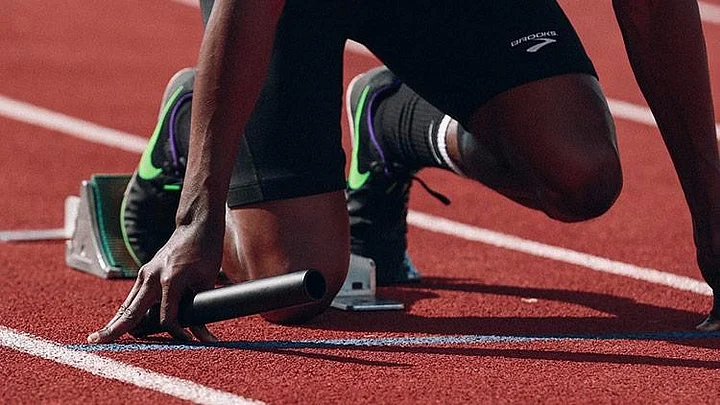A few days ago, the media was flooded with reports of a 15-year-old national-level discus throw player alleging sexual harassment against her coach.
The Class 9 student, who was training at a government-run academy in Chikkajala area, said that her coach touched her inappropriately on the pretext of training her.
The athlete’s father, on 5 December, filed a complaint with the Chikkajala police, alleging that the incident had occurred while she had gone for a competition to Vishakhapatnam. A case has been registered under the relevant sections of the Protection of Children from Sexual Offences (POCSO) Act.
This isn’t the first time we’re hearing of women sportspersons alleging abuse in the hands of their coach. Often, this abuse happens in the academies they train in, and because it usually happens when they are young and vulnerable, they are forced to normalise this behaviour.
“My coach touches me in an inappropriate way when we train and when we are doing our warm ups. When I made it known to him that I was uncomfortable, he admonished me and said, ‘I am only trying to teach you how to do things properly,’” says Sneha*, a national-level athlete from Karnataka.
She adds that it is very difficult for many sportswomen to speak up against sexual harassment for fear of jeopardising their careers. “Most of the girls who win scholarships and enter government-run academies are from small villages. They are scared to tell their parents as they will be asked to discontinue their training. In some instances, if the girls do not do what the coach tells them to, especially in the case of team sports, she will not be allowed to play. She will probably be made a substitute. That’s why women in sports rarely talk about sexual harassment. Their careers are at stake and that’s the only thing they have ever aspired to be - sportspersons,” Sneha asserts.
Deepti*, a badminton player who was in a state-run academy in Andhra Pradesh a few years ago, recounts the horrors her fellow player went through. “The coach had got her pregnant. She was from a poor family and she did not know what to do. The coach paid her father for the abortion and also gave him some money to not file a complaint against him. My friend’s father was also scared of the information being made public as he did not want people in his village to know about what happened to his daughter. The coach remained in the academy and he also went on to train girls for international tournaments. No action was ever taken against him.”
Speaking to TNM, Indian athlete Anju Bobby George says that the sexual harassment of women is rampant in sports. "Just like they do in other professions, women in sports are also sexually harassed. Although I have never personally experienced it, I know that it happens. The first step is for girls to speak up and complain about such instances."
“Most coaches in government-run academies are not at all professional. They call the girls to their room under the pretext of discussing game strategy and misbehave with them. This happens in government run-academies specifically because the girls stay there for several years and these coaches have access to them throughout the day.”Jayvanti, former national-level basketball player
She adds that most girls are scared to speak about the harassment meted out as they are too young to comprehend what happened to them. Moreover, most academies do not have sexual harassment committees or complaint cells where the sportspersons can file their grievances.
“Girls between the age group of 13-18 years are the most vulnerable. By the time they realise what is happening to them, it is too late. There is no sexual harassment committee within the academies. They have to either contact the concerned government department, the police or the Child Welfare Committee if the girl is a minor. The problem is that there are no awareness programs to tell the girls what they can do in such a situation. They feel cornered as there is no on to help them,” Jayvanti adds.
(This story has been published in an arrangement with The News Minute)
